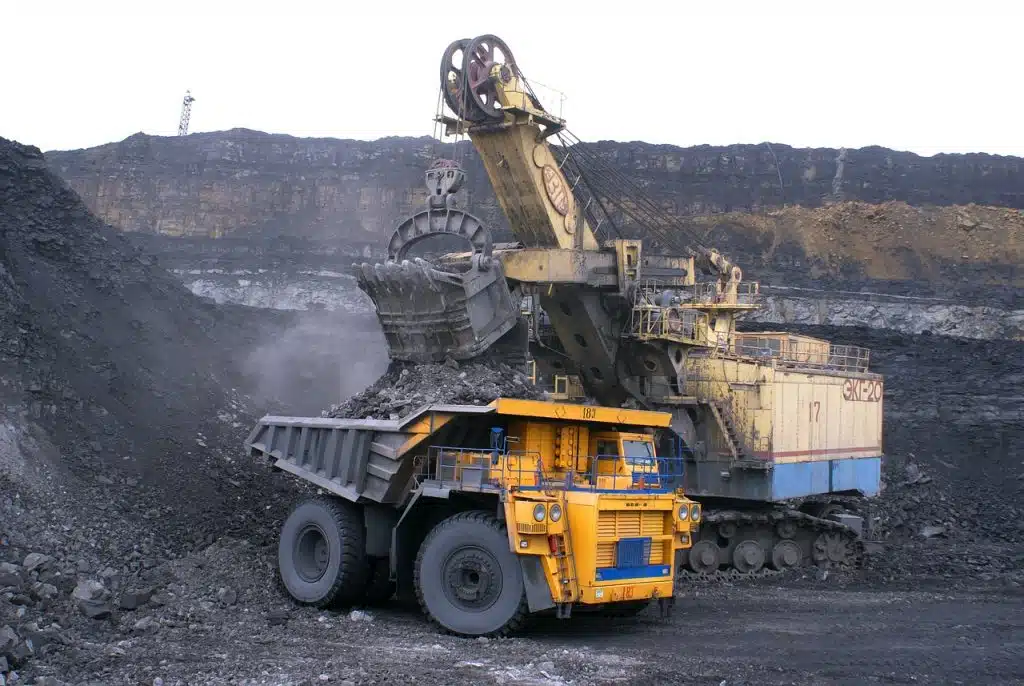
Determining fault in truck accidents is a complex process that requires a thorough investigation and an understanding of multiple factors. These accidents often involve serious injuries, significant property damage, and can have far-reaching legal and financial implications.
For businesses, insurance companies, and legal professionals, understanding the key factors that contribute to determining fault can be crucial. Expert engineering firms like Gilmore Engineers in Brisbane, Australia play a vital role in this process, providing the technical expertise and objective analysis needed to establish liability accurately with their truck accident investigation.
The Importance of Determining Fault
Establishing fault is essential for several reasons. It impacts insurance claims, legal liability, and the implementation of corrective measures to prevent future accidents. Determining who is at fault helps in:
- Assigning financial responsibility for damages and injuries.
- Ensuring that victims receive appropriate compensation.
- Identifying underlying issues that contributed to the accident, which can lead to improved safety protocols.
Key Factors in Determining Fault in Truck Accidents
1. Evidence Collection at the Scene
The first step in determining fault involves collecting evidence from the accident scene. This includes photographs, videos, and witness statements. Physical evidence, such as skid marks, vehicle positions, and road conditions, provides crucial information about the events leading up to the accident. Expert investigators, like those at Gilmore Engineers, use this evidence to reconstruct the accident and identify contributing factors.
2. Vehicle Inspections and Mechanical Analysis
Thorough inspections of the vehicles involved in the accident are critical. Investigators look for mechanical failures, maintenance issues, and compliance with safety regulations. Common aspects examined include:
- Braking Systems: Faulty brakes can lead to accidents or exacerbate their severity. Inspecting the condition and performance of braking systems helps determine if they played a role.
- Tyres: Worn or improperly inflated tyres can cause loss of control. Tyre conditions are assessed to see if they contributed to the accident.
- Steering and Suspension: Malfunctions in these systems can lead to driver loss of control. Engineers examine these components to identify any defects.
3. Driver Behaviour and Human Factors
Human error is a significant factor in many truck accidents. Investigators assess the actions and decisions of the drivers involved, including:
- Fatigue: Driver fatigue is a common cause of truck accidents. Examining driver logs and schedules can reveal if fatigue was a factor.
- Speed: Excessive speed reduces reaction time and increases the severity of accidents. Speed data from electronic logging devices or tachographs is analysed.
- Distractions: Mobile phone use, eating, or other distractions can lead to accidents. Investigators look for evidence of driver distraction at the time of the accident.
- Compliance with Regulations: Compliance with hours of service regulations, load limits, and other safety rules is checked. Violations can indicate negligence.
4. Road and Weather Conditions
External factors such as road and weather conditions play a crucial role in truck accidents. Investigators consider:
- Road Design and Maintenance: Poorly designed or maintained roads can contribute to accidents. Investigators assess road conditions, signage, and lighting.
- Weather Conditions: Adverse weather, such as rain, fog, or ice, can impact visibility and road traction. Weather reports and road conditions at the time of the accident are reviewed.
5. Load and Cargo Management
Improperly loaded or unsecured cargo can cause truck accidents. Investigators examine:
- Weight Distribution: Uneven weight distribution can affect vehicle stability and handling. Load distribution records are reviewed.
- Securing of Cargo: Inadequately secured cargo can shift during transit, leading to loss of control. The methods and materials used to secure the load are assessed.
The Role of Expert Witnesses
Expert witnesses, such as those from Gilmore Engineers, bring specialised knowledge to the investigation process. Their roles include:
- Accident Reconstruction: Using evidence and advanced simulation tools, experts recreate the accident scenario to understand the sequence of events and contributing factors.
- Mechanical and Technical Analysis: Experts conduct detailed mechanical inspections and analyses to identify any vehicle-related issues.
- Providing Testimony: In legal proceedings, expert witnesses present their findings clearly and authoritatively, helping the court understand complex technical issues.
Determining fault in truck accidents involves a comprehensive truck accident analysis of multiple factors, including evidence collection, vehicle inspections, driver behaviour, road conditions, and cargo management.
Expert engineering firms like Gilmore Engineers in Brisbane, Australia, provide the necessary technical expertise and objective analysis to accurately establish fault. By understanding and addressing these key factors, businesses, insurance companies, and legal professionals can ensure that liability is correctly assigned, victims receive fair compensation, and future accidents are prevented.
At Gilmore Engineers, we provide Forensic Engineering services including reviews and assessments of machinery and products where legal claims have arisen over fitness for purpose.
If you’re a lawyer or loss adjuster in need of an expert witness in Australia to assist with your case, Contact Us at Gilmore Engineers, a trusted engineering consulting company, to discuss your situation and discover how we can help.
